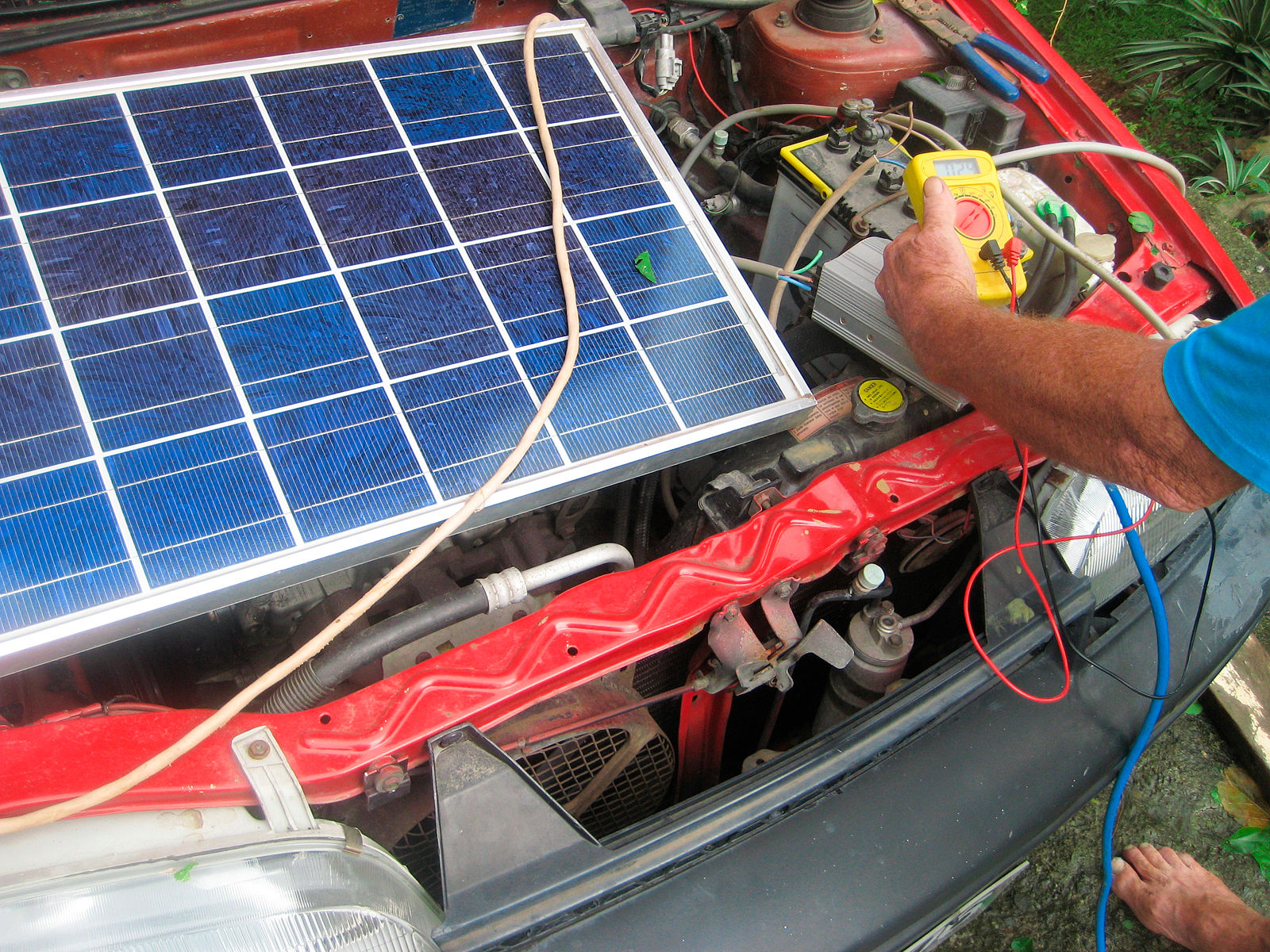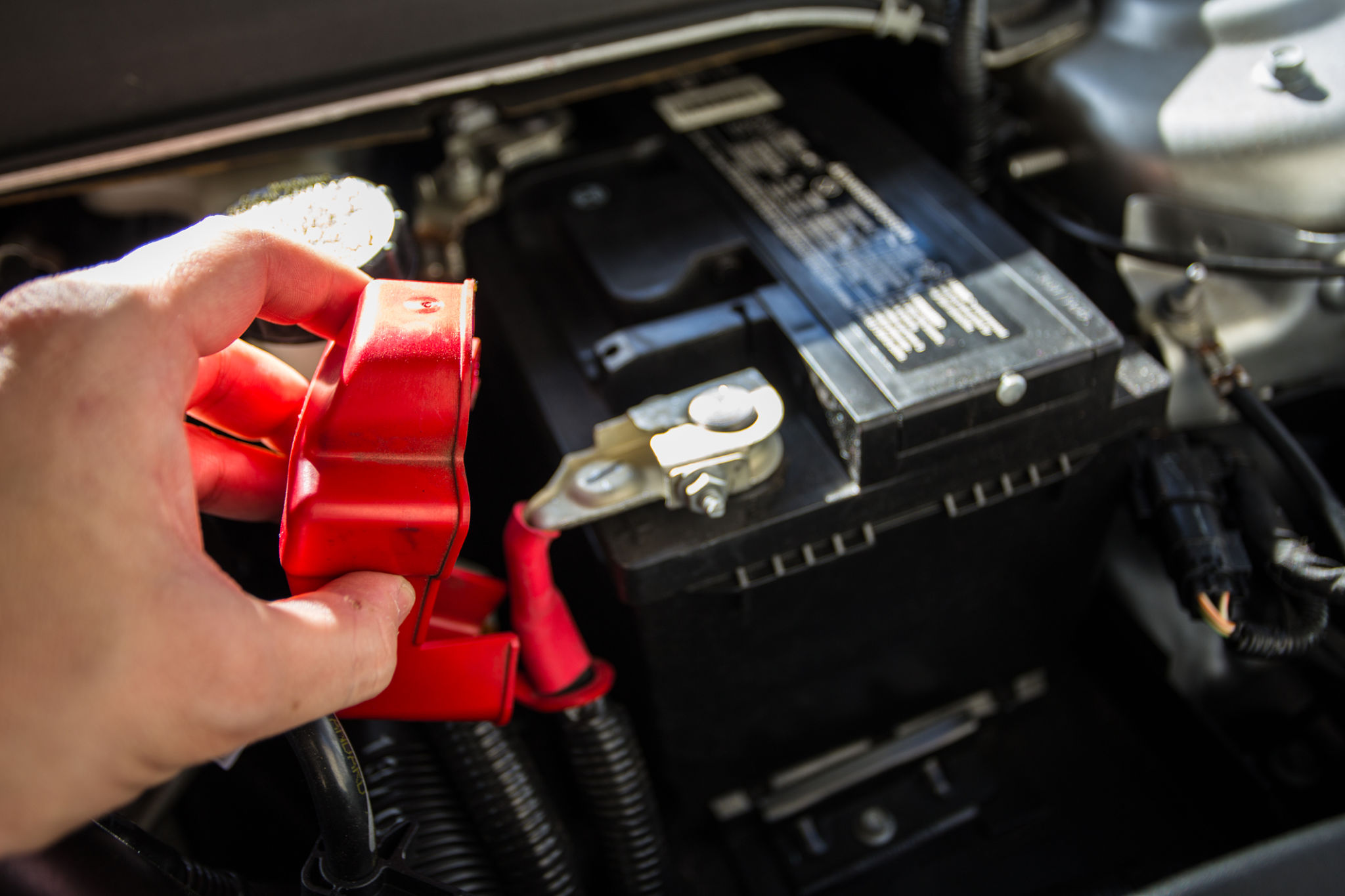The Ultimate Car Battery Boosting Guide for Atlanta Drivers
Understanding Car Batteries
For many Atlanta drivers, a car battery is often out of sight and out of mind until something goes wrong. A car battery is critical for starting your engine and powering your vehicle's electrical components. Understanding the basics of your car battery's functionality can help you maintain it better, ultimately saving you time and money on unexpected breakdowns.

Car batteries typically last between three to five years, depending on driving habits and climate conditions. In Atlanta, where temperatures can fluctuate significantly, it's wise to pay attention to your battery's health more frequently to avoid sudden failures.
Identifying Battery Problems
Knowing the signs of a failing battery can prevent you from getting stranded. Common indicators include dimming headlights, slow engine cranks, and a dashboard warning light. If you notice any of these symptoms, it's best to check your battery or have it inspected by a professional.
Moreover, if you hear a clicking sound when turning the key, it might mean that the battery doesn't have enough charge to start the engine. Regular checks can help you identify these issues early on.
Testing Your Battery
If you're unsure about your battery's condition, you can perform a simple test using a multimeter. Set the device to measure voltage and connect it to the battery terminals. A healthy battery should read around 12.6 volts when the vehicle is off. If it's significantly lower, consider replacing your battery.

How to Boost a Car Battery
Being prepared with the knowledge of how to boost a car battery is essential for every driver. Here's a step-by-step guide to safely jump-starting your vehicle:
- Locate a functioning car and position it close enough for the jumper cables to reach both batteries, but ensure the vehicles don't touch.
- Turn off both cars and connect one end of the red jumper cable to the positive terminal of the dead battery and the other end to the positive terminal of the working battery.
- Attach one end of the black jumper cable to the negative terminal of the working battery.
- Connect the remaining black cable end to an unpainted metal surface on the engine block of the dead car, away from the battery.
- Start the functioning vehicle and let it run for a few minutes. Then try starting your car.
- If your car starts, let both engines run for a few minutes before disconnecting the cables in reverse order.
Battery Maintenance Tips
To prolong your car battery's life, regular maintenance is key. Keep your battery terminals clean and free from corrosion by using a mixture of baking soda and water. Ensure that all connections are tight and secure.

Additionally, try to minimize short trips as they don't allow your battery to fully recharge. Investing in a quality battery charger can also be beneficial for keeping your battery healthy, especially if you don't drive regularly.
When to Seek Professional Help
If you frequently find yourself with a dead battery despite taking preventive measures, it may be time to consult a professional mechanic. They can perform a thorough diagnostic test to determine if there's an underlying issue causing your battery problems.
In some cases, electrical system faults or alternator issues could be draining your battery without you knowing. A professional can help pinpoint these problems and provide solutions.
Conclusion
Your car's battery is a vital component that deserves attention and care. By understanding its function, recognizing signs of trouble, and knowing how to boost it when necessary, you can ensure smooth driving experiences around Atlanta. Regular maintenance and timely interventions can help extend your battery's life and keep you from unexpected roadside troubles.